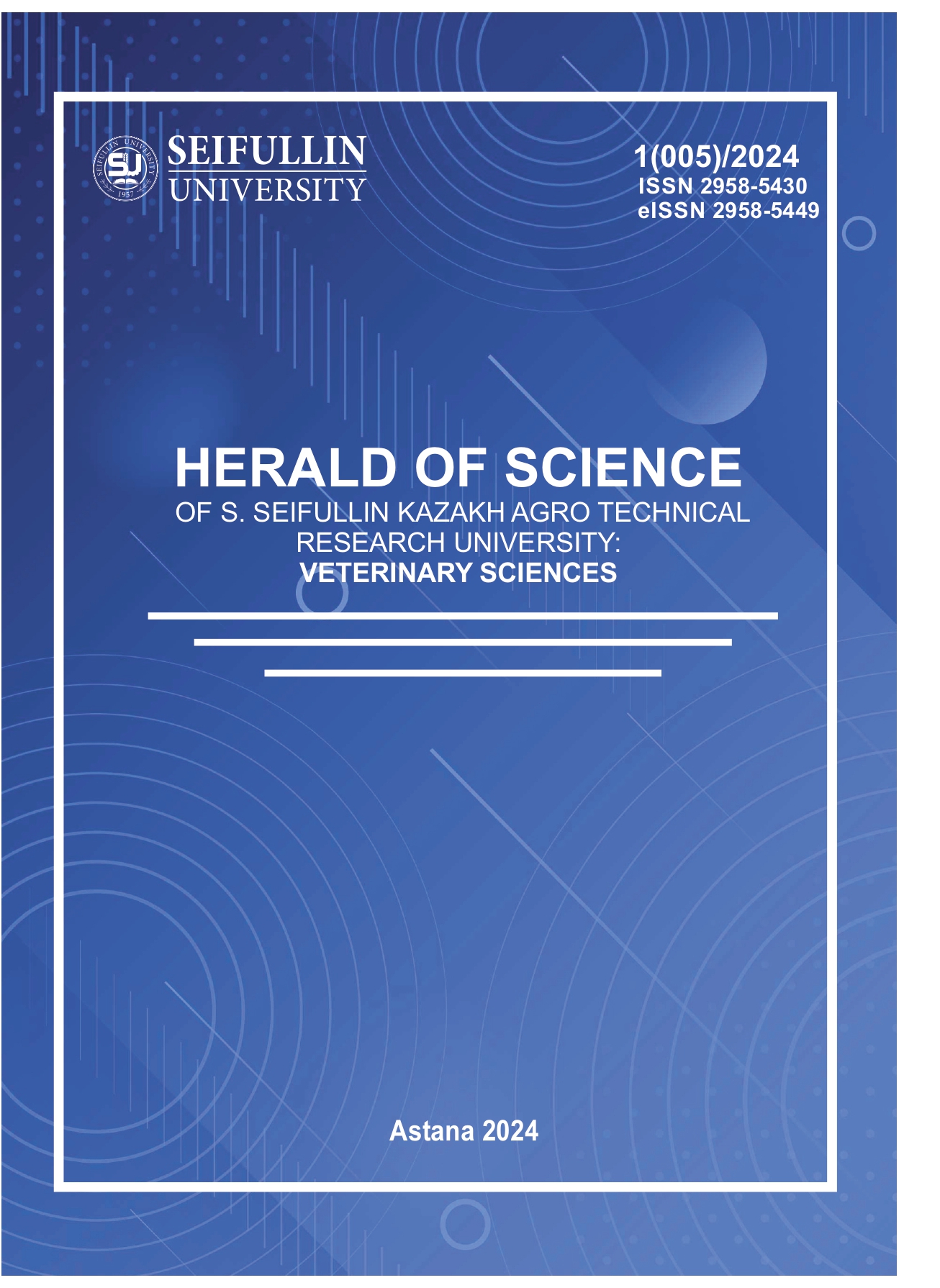EPIZOOTOLOGICAL MONITORING OF EQUINE HERPESVIRUS IN KAZAKHSTAN
DOI:
https://doi.org/10.51452/kazatuvc.2024.1(005).1631Keywords:
diagnostics; еquine herpesvirus; epizootological monitoring; herpesvirus; horses; prevention.Abstract
Equine herpesvirus is one of the most common infectious diseases of horses, causing huge economic losses associated with fetal abortion and subsequent chronic course. At the same time, a difficult epizootological situation regarding herpesvirus infections remains in the republic. Therefore, epizootological surveillance and planned monitoring studies of the epidemiological process in a certain territory are one of the effective tools for preventing the spread of еquine herpesvirus in horse breeding farms. This article presents the results of an analysis of epizootological monitoring and ongoing diagnostic measures regarding еquine herpesvirus on the territory of the Republic of Kazakhstan. According to epizootological data, over the past 10 years, 35 outbreaks of еquine herpesvirus have been registered in Kazakhstan. Serological monitoring confirmed the circulation of the causative agent of equine herpesvirus in the country's horse breeding farms. In a study of 1391 blood serum samples, antibodies to equine herpesvirus were detected in 93 cases (6.7%). The data obtained give reason to believe that in disadvantaged areas it is necessary to take a full range of measures for timely diagnosis, prevention and elimination of foci of infection.

